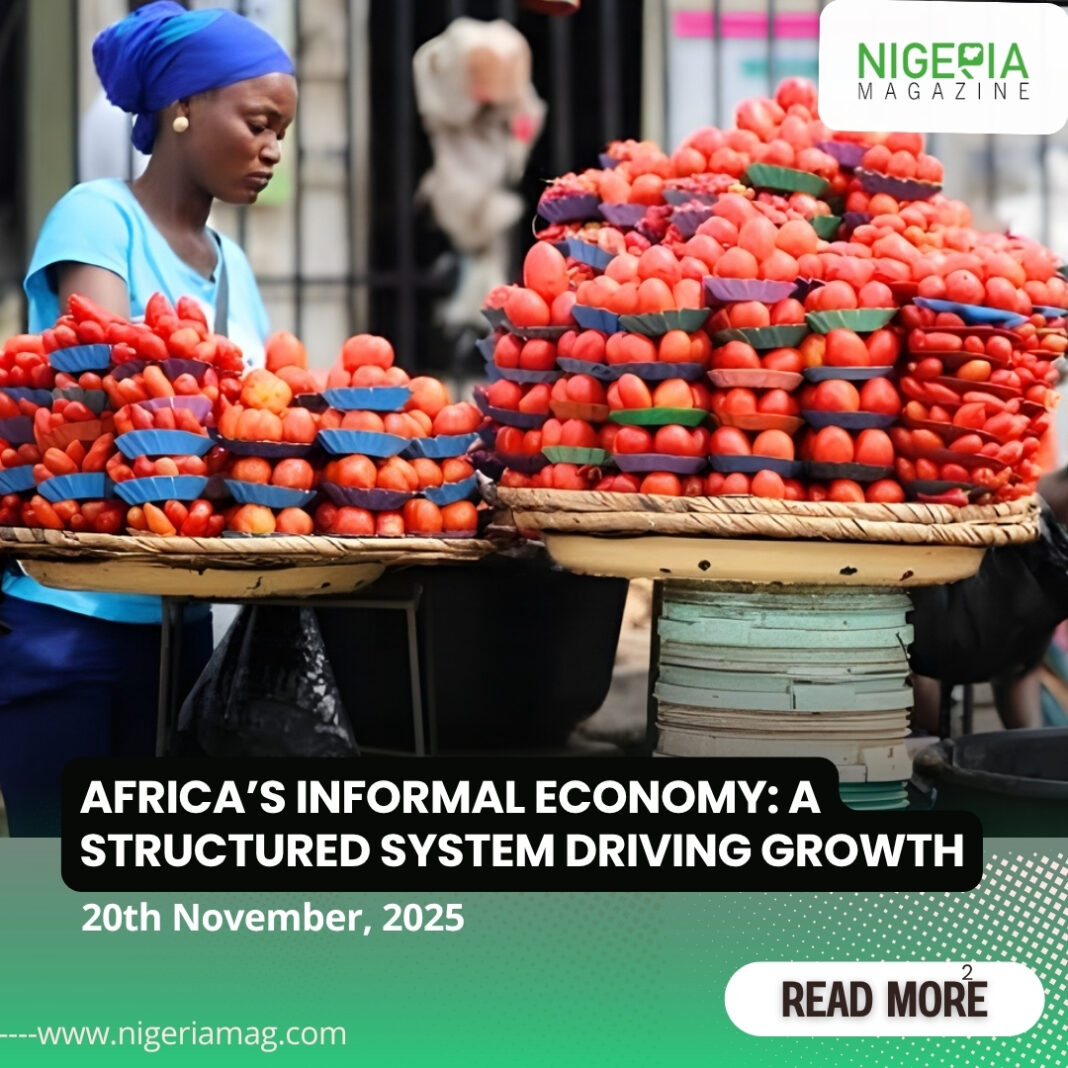A South African development expert, Ajay Wasserman, has challenged the widespread assumption that Africa’s informal sector is disorganised, arguing instead that it is structured differently and serves as a major driver of economic activity across the continent. He described the informal economy as the “invisible backbone” that feeds millions, provides employment, and sustains community-level trade.
Wasserman noted that this sector represents the core of African entrepreneurship, operating not in formal boardrooms but in street kiosks, township workshops, and backyard enterprises where real economic value is created daily. He emphasized that anyone focused on meaningful impact, job creation, and inclusive development must start by recognizing the significance of this sector.
In South Africa, the informal economy is both large and influential. More than 2.5 million people earn their living through informal work, meaning one in every five employed South Africans depends on it for income. The sector contributes an estimated 24.8% of the nation’s GDP, highlighting its essential role in economic development. Additionally, South Africa hosts approximately 1.9 million micro-businesses that are not VAT registered, yet these small enterprises continue to employ workers, trade effectively, and meet their financial obligations.
The informal sector is particularly visible in major urban centres. In Johannesburg and Cape Town, one in five residents lives in informal housing, and many of these households operate functioning micro-enterprises. These range from spaza shops, hair salons, welders, solar installers, and food vendors to delivery operators and digital freelancers. Wasserman noted that each enterprise contributes not only to GDP but also to self-sufficiency, dignity, and upward mobility.
He concluded that Africa’s informal economy should not be viewed as lacking structure. Instead, it is developing its own systems and strengths, reflecting the realities and resilience of the people who power it. Wasserman called for a shift in mindset—recognizing that the informal sector is one of Africa’s most productive, organised, and wealth-creating economic systems.


